Clothing and textile waste are one of the most significant sources of pollution worldwide, nationally and in Northeast Georgia. While it might be hard to imagine, there is an estimated total of 92 million tonnes of textile waste generated globally each year.
In Georgia alone, textiles make up the seventh-largest category of disposed materials, totaling 267,119 tons, and it doesn’t get better locally. Northeast Georgia, including Athens, fares worse, with textiles ranking as the fifth-most prevalent material discarded, contributing 12,190 tons to local landfills annually.
Why It’s Newsworthy: On average, each American discards about 80 pounds of textiles per year, making this a widespread issue.
Individuals across all communities play a role in contributing to the growing waste problem, through consuming more than necessary and discarding clothing regularly.
While it is common to dispose of clothes that are worn out, outgrown or damaged, these habits contribute heavily to overconsumption and global waste.
“This is a global conversation because fashion is a global industry,” said Sha’mira Covington, a fashion professor at the University of Georgia who specializes in sustainability. “Most of our textile waste doesn’t stay in our local communities — it’s shipped to countries in the Global South.”
Covington’s research focuses on how fashion sustainability intersects with Black and Indigenous communities, which are disproportionately impacted by the harmful effects of textile waste.
Amidst this global and local crisis, one Athens-based business stands out for its innovative approach to combating textile waste: Community. Founded and operated by designer Saani Baumgärtner, Community takes discarded textiles from thrift stores and transforms them into stylish, contemporary pieces. Baumgärtner gives second life to garments that would otherwise contribute to the textile waste crisis.
“Mostly we thrift the materials, and then I make the design decisions to transform them into something more modern and fun,” said Baumgärtner.
Since founding Community in 2014, Baumgärtner has made it her mission not only to reduce textile waste but also to prioritize ethical business practices. This ethos extends to fair wages for her seamstresses, a priority she highlights by having the sewing area visible to customers.
“I want people to see how clothes are made and who’s making them,” Baumgärtner explained. “We’re so disconnected from the production process, so I made sure it was transparent and open for everyone to witness.”
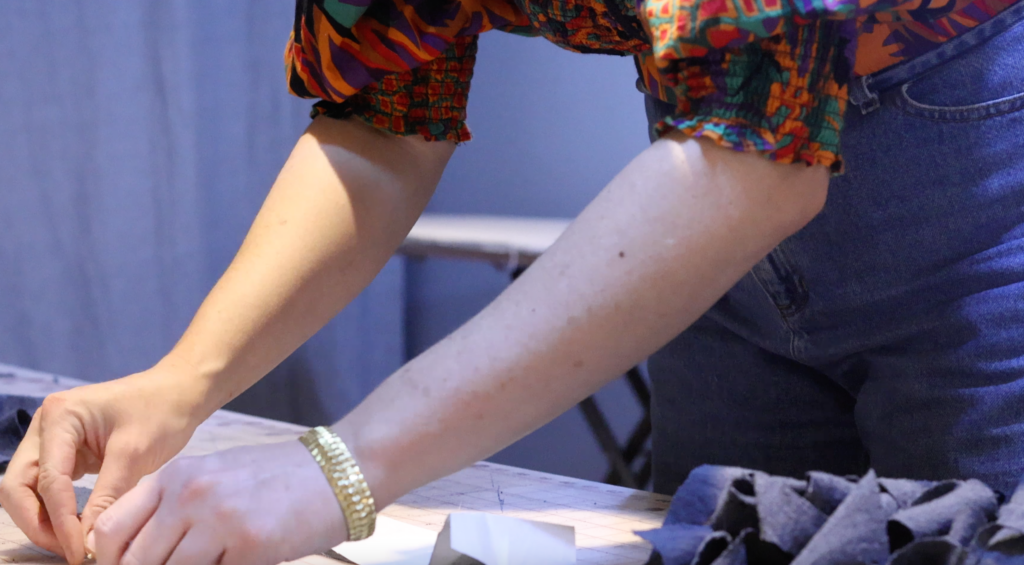
Although the business is helping to reduce waste, even winning an award from the city of Athens for producing negative waste, certain aspects of the business are made less profitable due to the unique nature of acquiring fabrics and making clothing.
“Even though there are a lot of used textiles out there, it’s not always the quality of material I’m looking for, or sometimes I come up with a design and it sells really well, but I can’t get more of the material,” Baumgärtner said.
With such a limited amount of fabric for each garment, it can be difficult to find the same fabrics to make every size, too, creating another issue of size inclusivity. Despite its challenges, the customers that love the store for what it is keep coming back, year after year.
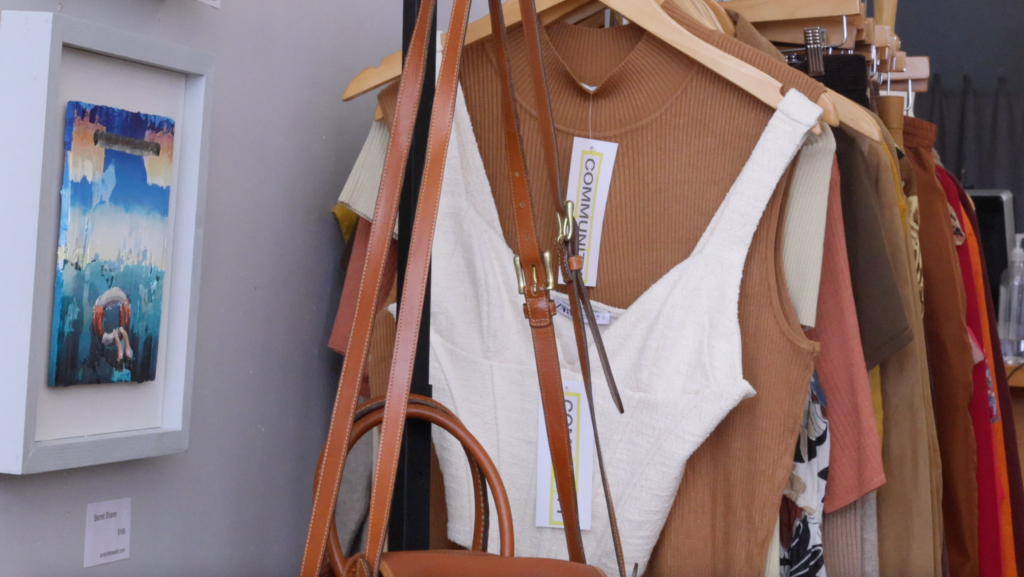
“If I come in here and find a shirt that’s been made out of a dress or something that’s old, I don’t expect that I’m going to get that exact thing in my size,” said Wyler Hecht, a customer of six years.
Community provides a unique service in Athens’ efforts to address the growing problem of textile waste, offering sustainable fashion options and setting an example for ethical business practices.
For those in Athens passionate about reducing their environmental footprint or simply interested in fashion, Community offers an opportunity to take part in a movement toward more responsible consumption.
Francesca Vercesi is a senior majoring in journalism and political science with a Spanish minor.


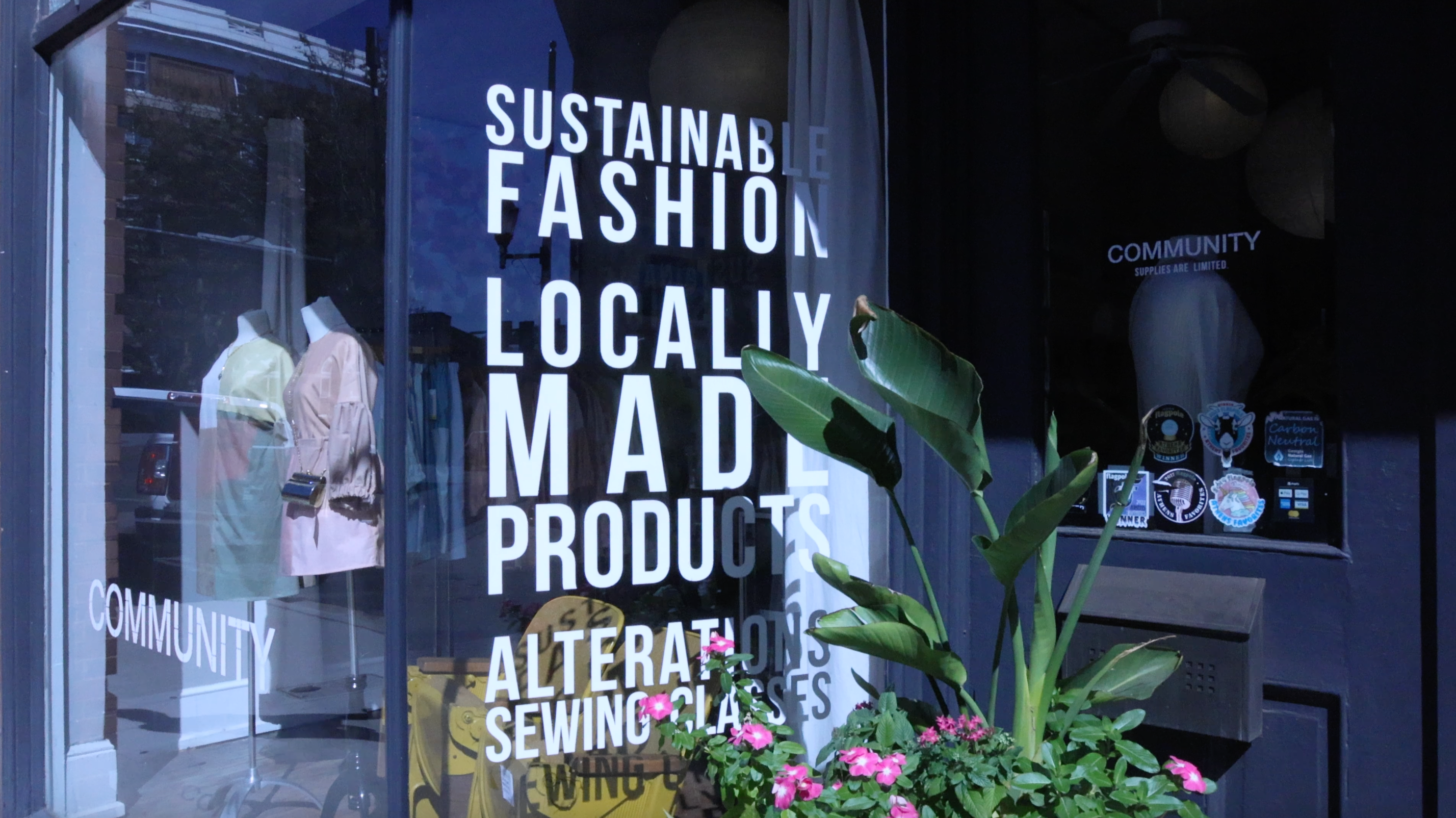


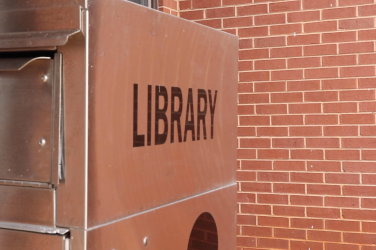

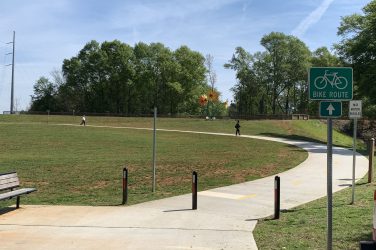

Show Comments (0)